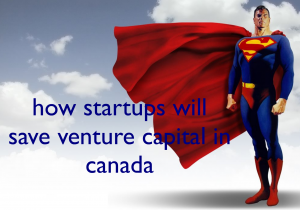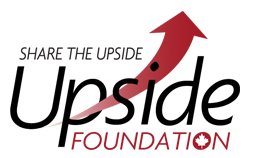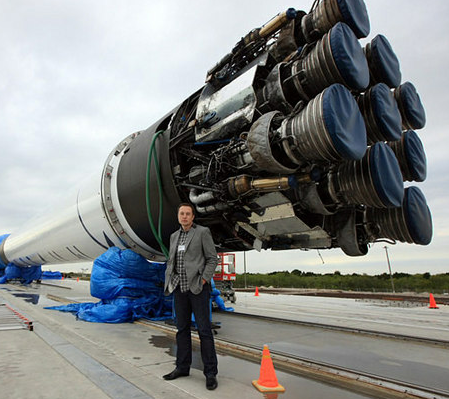 There are a lot of models that people throw around for how to build a strong startup community. There are a handful of types of players in each community, so there are many permutations of “who gets what” and how resources are moved around.
There are a lot of models that people throw around for how to build a strong startup community. There are a handful of types of players in each community, so there are many permutations of “who gets what” and how resources are moved around.
It gets complicated, fast.
So there is a model that I subscribe to. It can be a little myopic, it can be a little bit pigheaded, but it is always effective. It is the one metric that matters for startup communities and it is why we back the things we back and why we take exception to the things we do.
In Halifax there has been a recent discussion about a local angel group and their funding model, which we do not believe is founder friendly. Hopefully this post will clarify for some people as to why we see things in such a black and white contrast.
There is a litmus test that can get to the heart of many issues:
- Does this help founders create more companies?
- Does this help founders build better companies?
You need a Yes on either one of those, otherwise the effort isn’t worth it.
OK, there are more than just founders in the ecosystem, I know. The truth is however that Founders are the only ones who rely on everyone else in the ecosystem to be successful. Nobody else is so ecosystem dependant. Service providers can always find work elsewhere, investors can always squirrel their money in to safer places.
It is founders and founders only are the assemblers, allocators and creators of resources that make successful startups. It is those successful startups which are the only things that demonstrate the success of the community.
In early 2008 we started talking about how Startups Will Save Venture Capital in Canada. I believe that post and the thesis behind it has stood the test of time:
My thesis is simple: Startups just aren’t getting started in Canada nearly as often as they should. This isn’t about education levels, creativity or even for a lack of cash floating around this country. This is about ambition.
This is about hustle.
Most entrepreneurs have heard that things aren’t great for VCs right now. LPs are shaky, some funds are crashing, others are just throwing their hands up, and for a lot of startups it seems like no matter how many people you pitch, you aren’t getting anywhere. I tried to put some hard number behind that, and they paint a scary picture.
This goes two ways, and nobody wants to sit around while we all whine and moan that nobody can get funded. It’s time to build companies that are worth something.
We need to focus on building our local startup communities more than ever. Local communities are important because they are far easier for local Angels and Entrepreneurs to connect to, and they also act as a great filter to help find people who need national and international exposure.
David Crow started this thinking in 2005/2006 when he built the thesis that Community is the framework. That approach has brought incredible success to many startup communities. Founders are the anchor of community. Every year or so we publish the Hot Shit List and we focus on profiling founders who are taking pushing our communities to the next level.
In an community it is the ability of founders to succeed through diligence, hard work and creative thinking that determines success. All encumbrances to founder success must be removed to achieve a sustainable model for growth.
There is no half way, there is no “maybe” there is no “but…” there are just founders. Founders who are picking investors, lawyers, accountants, marketers, developers, product managers, customers and markets. It is founders who develop vision and create early product.
It is only the founders who are tracking their cash, calculating runway and determining what is going to make their startup successful.
So the next time someone tells you that anyone or anything matters then tell them that you will not water down a founders-first approach. Not because someone else needs a little something, not for any reason.
Remember the great founders you know who have struggled against all odds to build incredible companies. Forget the rest and focus on what matters.









 1997-2012: Fear, Uncertainty, Doubt.
1997-2012: Fear, Uncertainty, Doubt.